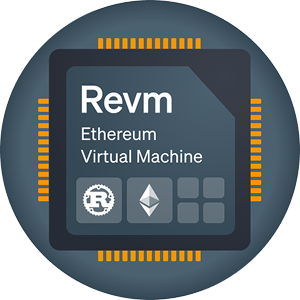
alloy
Connect applications to blockchains using performant, intuitive, and battle-tested APIs.
cargo
cargo add alloyCommon Actions
read_contract.rs
//! Demonstrates reading a contract by fetching the WETH balance of an address.
use alloy::{primitives::address, providers::ProviderBuilder, sol};
use std::error::Error;
// Generate the contract bindings for the ERC20 interface.
sol! {
// The `rpc` attribute enables contract interaction via the provider.
#[sol(rpc)]
contract ERC20 {
function balanceOf(address owner) public view returns (uint256);
}
}
#[tokio::main]
async fn main() -> Result<(), Box<dyn Error>> {
// Initialize the provider.
let provider = ProviderBuilder::new().connect("https://reth-ethereum.ithaca.xyz/rpc").await?;
// Instantiate the contract instance.
let weth = address!("0xC02aaA39b223FE8D0A0e5C4F27eAD9083C756Cc2");
let erc20 = ERC20::new(weth, provider);
// Fetch the balance of WETH for a given address.
let owner = address!("0xd8dA6BF26964aF9D7eEd9e03E53415D37aA96045");
let balance = erc20.balanceOf(owner).call().await?;
println!("WETH Balance of {owner}: {balance}");
Ok(())
}Used By the Best
Features
Alloy supports the following out of the box for a best-in-class developer experience:
- Fully Ethereum JSON-RPC compliant along with support for
trace,debugandanvilendpoints - Seamless contract interactions using the
sol!macro - Highly performant core primitives such as
U256Operations and ABI encoding - Override / extend provider and transport behavior using layers and fillers akin to Tower's layers
- Node bindings for popular nodes such as Reth, Geth and Anvil for testing purposes
Community
Join the Community
- Ask for support in the Telegram chat or create an issue on Github
- Join the 160+ developers by contributing to Alloy







